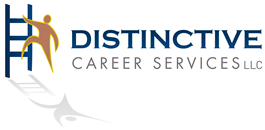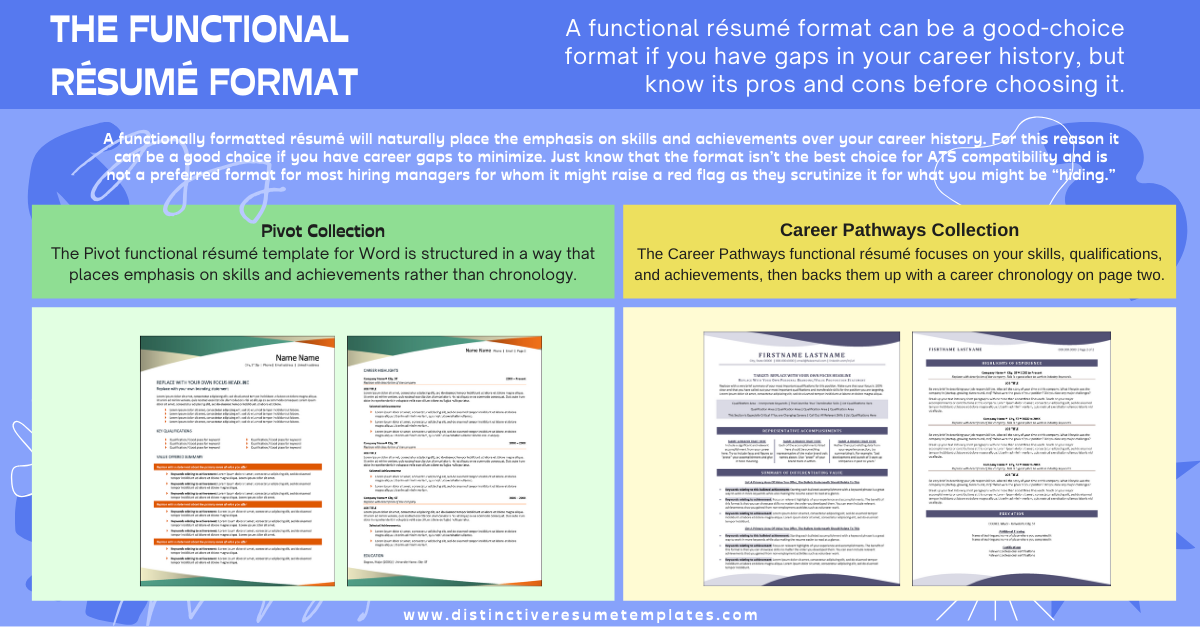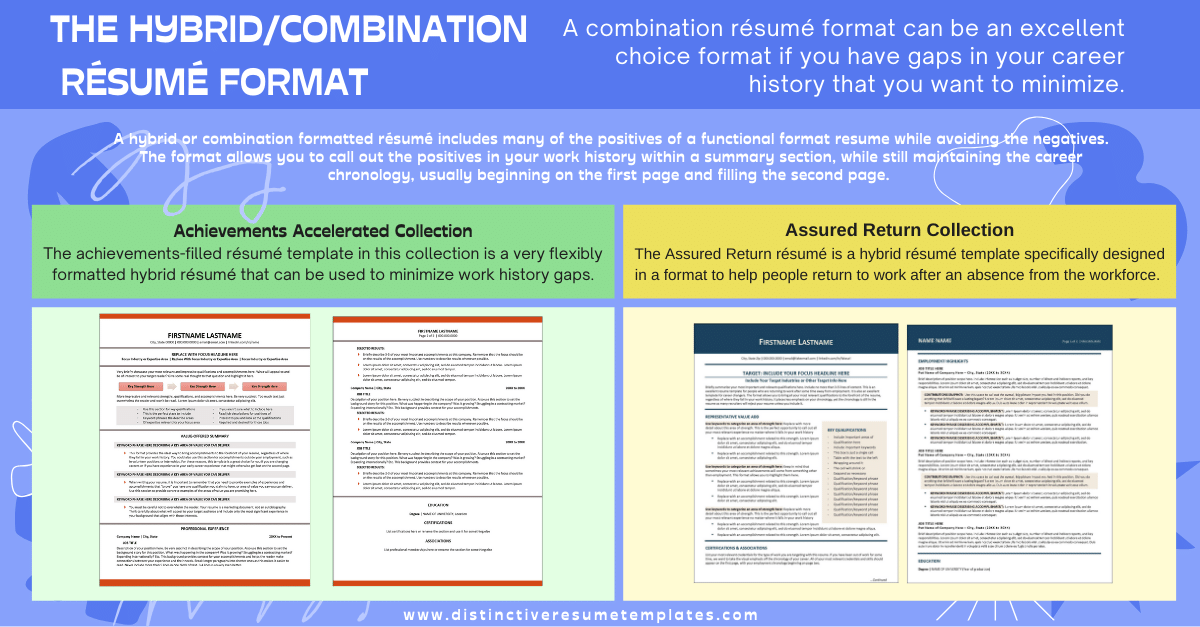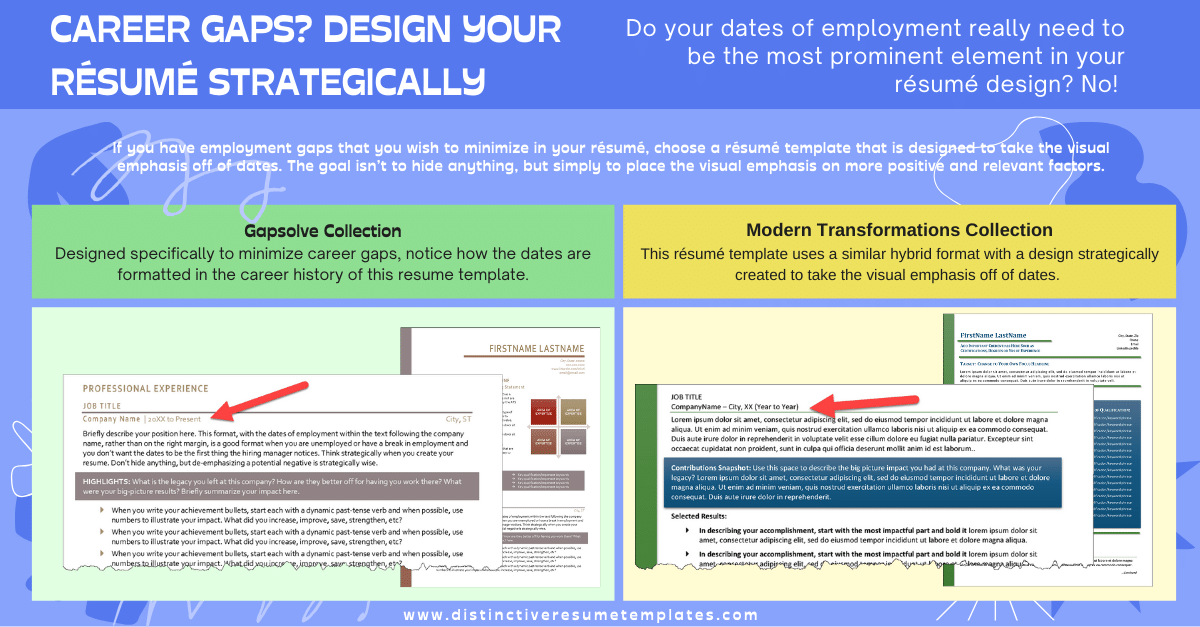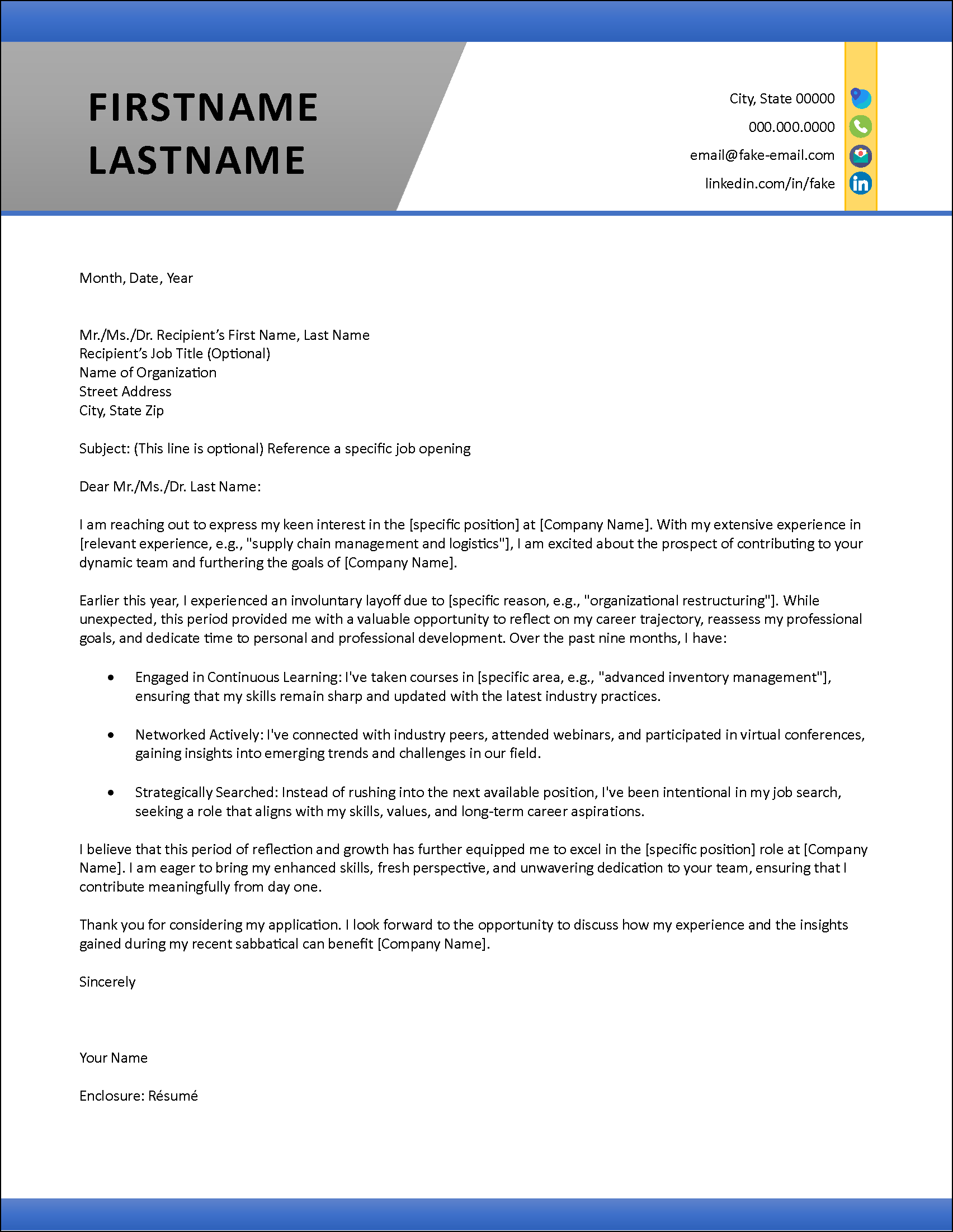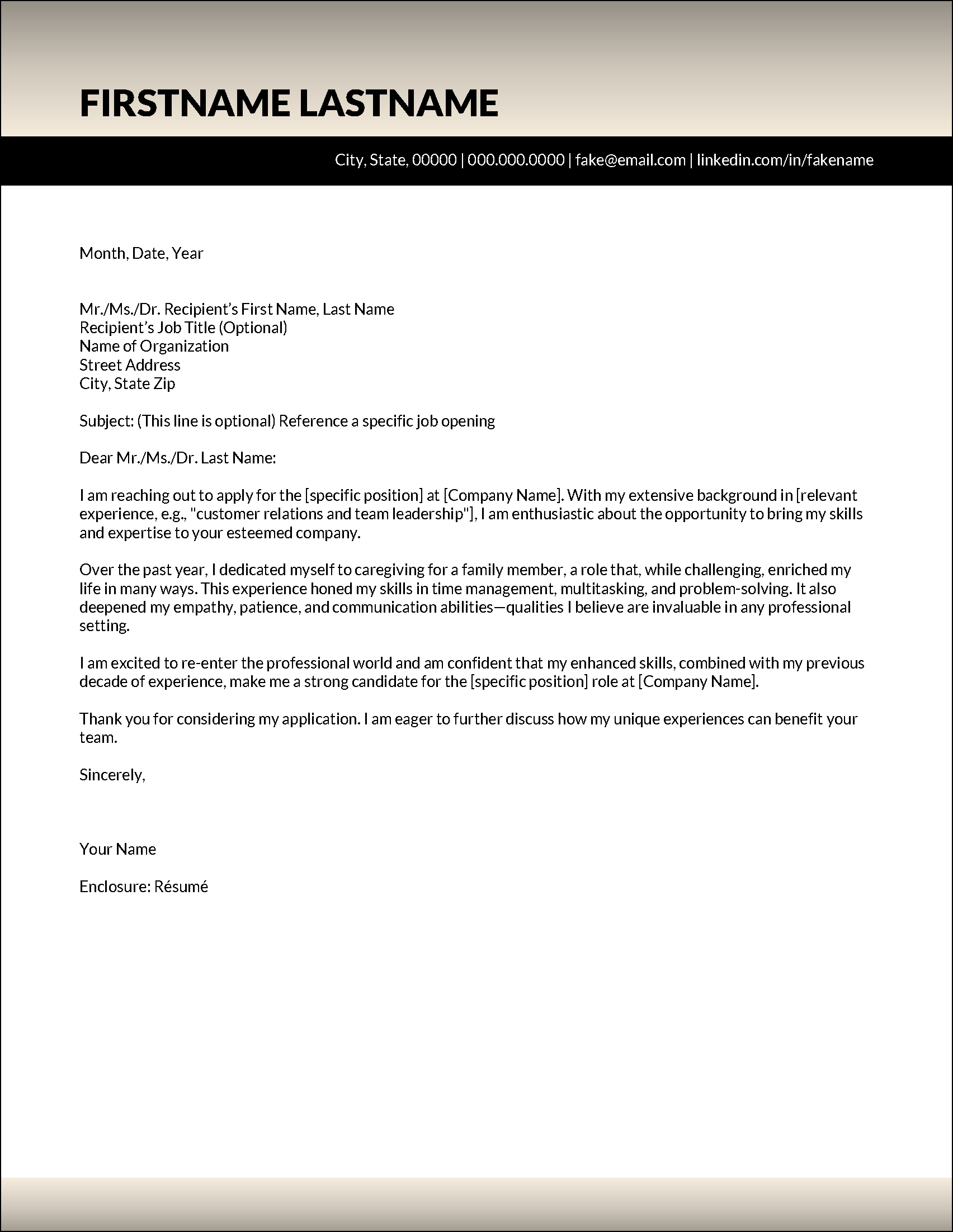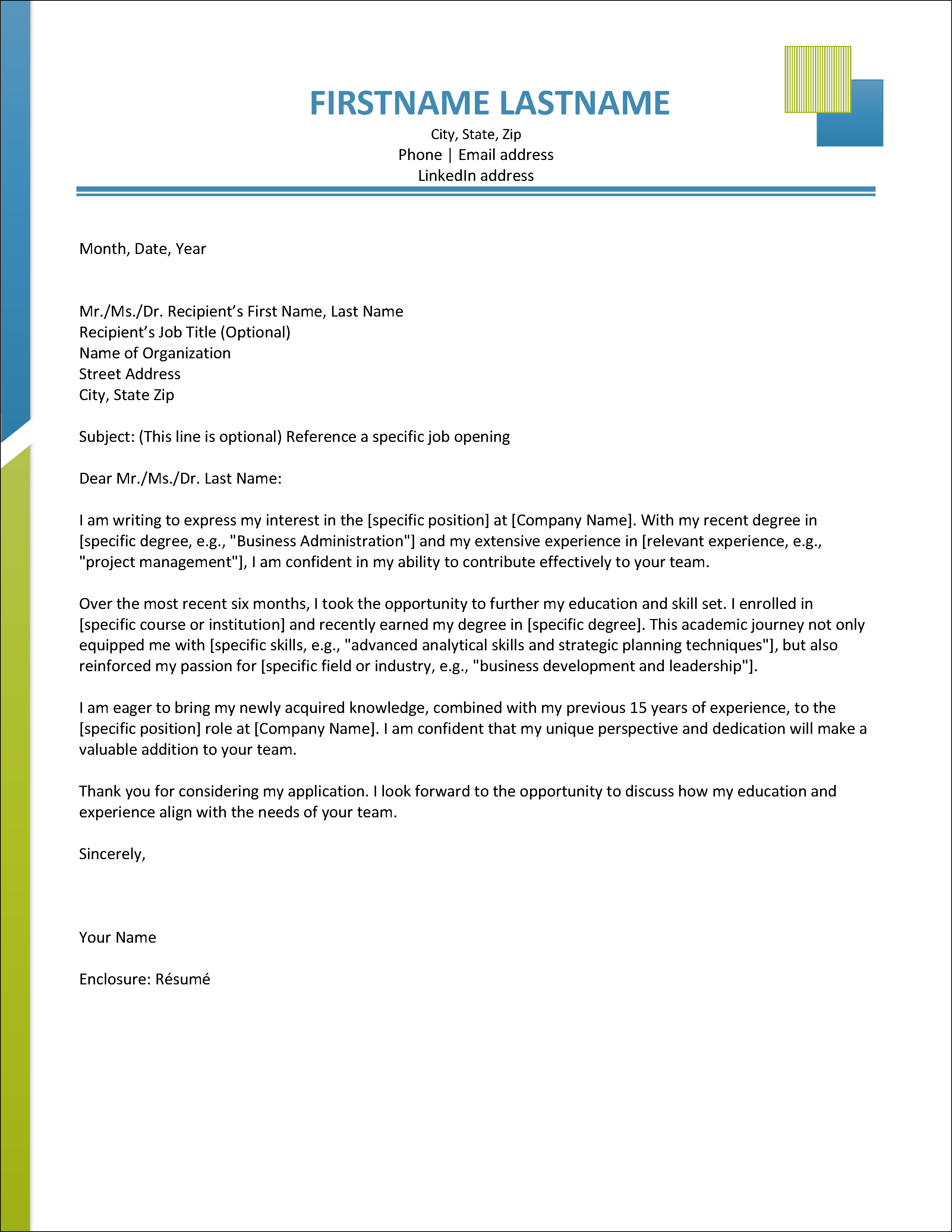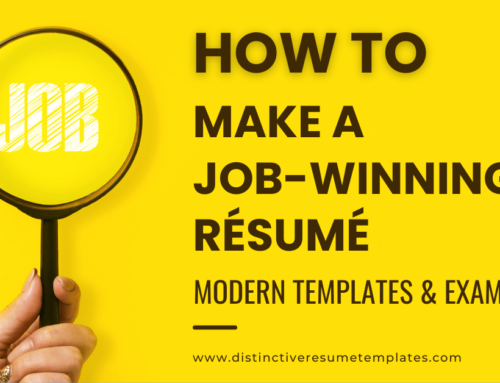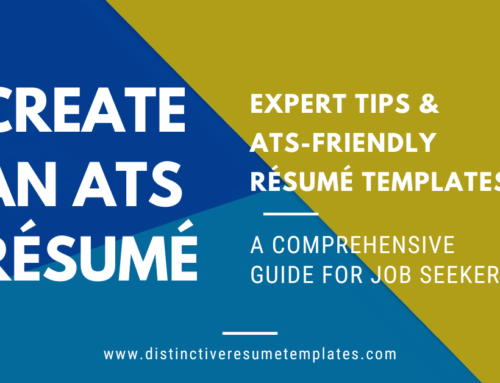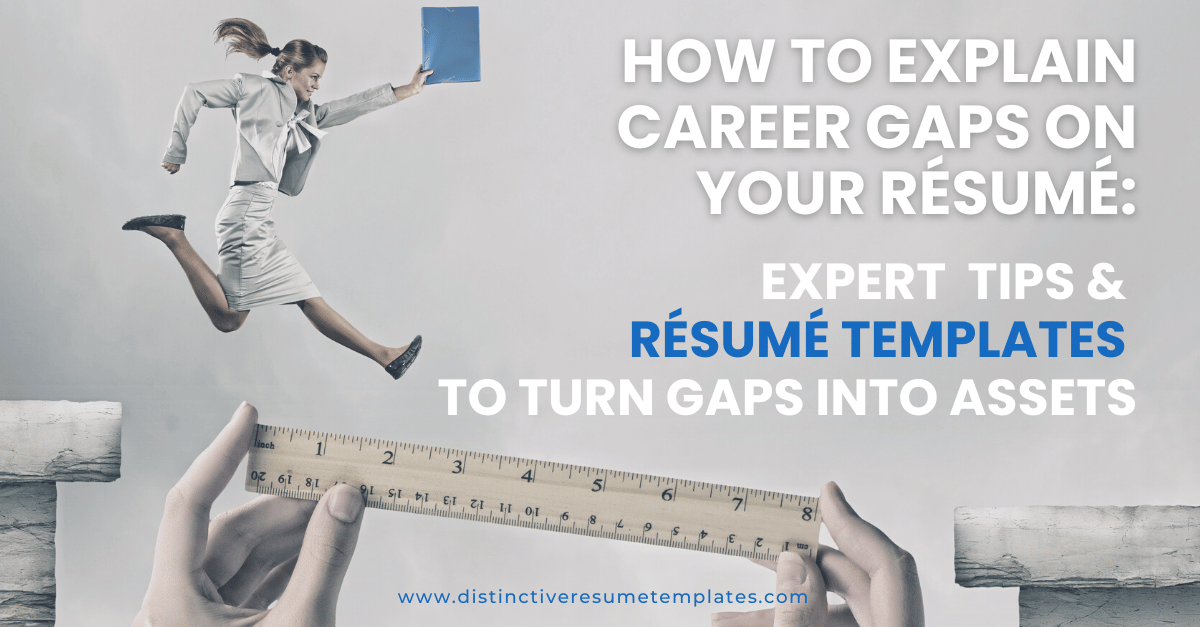
Career gaps, the inevitable, sometimes planned but often unplanned and dreaded periods of unemployment, are an issue many job seekers face.
Life happens. Whether it’s a personal health setback, a planned sabbatical, or caring for loved ones, many of us experience gaps in our professional journey. I recently took a month away from business, a combination of speaking at a business conference, planned travels following the conference, and then an unexpected serious bout with COVID that took me away from work for an additional two weeks. While a month isn’t much in the grand scheme of things, this personal experience made me reflect on the challenges of resume gaps, especially in a world that often seems to be moving at breakneck speed.
While these gaps may seem like a red flag to potential employers, it is possible to turn them into assets with the right strategies. In this post, we will explore the reasons behind career gaps, how to address them effectively on your resume and share expert tips to help you make the most of your time away from the workforce.
Key Takeaways
- Understand and explain career gaps in a positive light.
- Use strategies such as staying active, building your network & gaining relevant experiences to turn gaps into assets.
- Confidently discuss career gaps in your resume, cover letter, and job interviews by focusing on the positives gained during that period.
The Implications of Resume Gaps: Decoding Employers’ Perceptions
Career gaps on resumes can raise concerns for employers, as they may question a candidate’s commitment, performance, and reliability. However, the perception of career gaps as red flags have evolved, and many employers now understand that there can be valid reasons for such gaps, such as taking time off for personal reasons, education, or reskilling.
Most of us have faced employment gaps at some stage. It’s not usually the gap itself that raises red flags for hiring managers, but rather the absence of an explanation. Yet, trying to explain most career gaps in your resume is a mistake. Hence, it can be a Catch-22. Unraveling the reasons for your career break and learning how to justify employment gaps without harming your job search is essential.
The key to successfully explaining employment gaps is to focus on the positives and how they have contributed to your personal and professional development. By reflecting on what happened during the gap and the lessons learned or achievements gained, you can spin it in a positive light and address any worries that potential employers may have. Yet, how and where you do this is critical, and the strategies for how to do this might be as varied as the reasons for career gaps vary.
Unpacking the Reasons for Employment Gaps
Career gaps can occur for various reasons, ranging from voluntary, such as taking a sabbatical for personal growth or family leave to support a loved one, to involuntary, such as unemployment due to company downsizing or medical issues.
Some common reasons for career gaps in resumes include:
- 1
Job Search: Time spent looking for a new job after being laid off or deciding to leave a previous position
- 2
Layoffs: Being laid off due to organizational changes or economic downturns
- 3
Education: Going back to school to pursue further education or to acquire new skills
- 4
Family Care: Taking time off to care for family members, such as children or elderly parents
- 5
Personal Illness or Injury: Recovering from a personal illness or injury
- 6
Travel or Self-Discovery: Taking time off to travel, discover oneself, or reassess career choices
- 7
Parenting: Taking time off to raise children or expand a family
- 8
Sabbatical: Taking a planned break or sabbatical from work for personal or professional development
Regardless of the cause, realizing that employment gaps are often a part of life and having a valid explanation for them can alter their perception by hiring managers.
One example of a career gap that may be tricky to explain is when it isn’t so much a gap as it is irrelevant job experience below your credentials, which can be seen as a step-down or backward in your career. In such cases, it is essential to remember that a resume is a marketing document and does not always need to include every experience. Instead, it should include relevant experiences, and if you can’t reframe the job in this light, it may be better to leave a small gap in your resume chronology.
Another example involves continuing education, which is typically viewed as a positive reason for a career gap. Pursuing further education demonstrates your dedication to personal growth and acquiring new skills, making it an easy-to-explain reason for a break in employment.
Strategies for Explaining Gaps in Your Work History
Addressing career gaps effectively involves a combination of preparation, choosing the right resume format, and focusing on the skills gained during the resume gap. By taking the time to examine your employment history and identify any gaps that may need explanation, you can create a strategy that highlights your strengths and minimizes any potential concerns.
Keeping abreast of industry trends and knowledge is also crucial, as it shows employers your commitment to staying current in your field. By engaging in professional development activities and gaining positive experiences during your career gap, you’ll be better equipped to address potential concerns from prospective employers.
Remember, the goal is not to hide your career gaps but to address them in a way that showcases your resilience, adaptability, and commitment to personal and professional growth. By doing so, you can effectively explain employment gaps and turn them into assets during your job search.
Preparing for Your Return to Work
Even during a career gap, it’s essential to remain proactive and engaged in your industry, ensuring a smoother transition when you’re ready to re-enter the workforce. Whether your hiatus is a few months or a year, your commitment to professional growth shouldn’t wane.
One effective approach is to immerse yourself in professional development opportunities. Pursuing certifications, attending workshops, or becoming an active member of professional associations can keep your industry knowledge sharp and your connections robust.
Volunteering is another avenue to consider. Not only does it showcase your dedication to community service, but it also equips you with additional skills and experiences that can be invaluable in your professional journey. Moreover, it’s an excellent way to network, opening doors to potential job offers in your field.
For those inclined towards flexibility, consider contract work or freelancing. This not only bridges the employment gap on your resume but also provides a platform to hone and diversify your skill set. (For those new to freelancing, we offer specialized resume templates tailored to your needs.)
In essence, navigating a career gap successfully involves:
- Industry Engagement: Stay updated with the latest trends, news, and innovations.
- Networking: Foster relationships with industry professionals to gain insights, knowledge, and potential job leads.
- Skill Acquisition: Seek experiences, whether through volunteering or contract work, that enhance your professional appeal.
Remember, a career gap doesn’t signify stagnation. With the right strategies, it can be a period of growth, reflection, and preparation, positioning you as an even more attractive candidate to future employers.
Resume Formats to Minimize Gaps
When addressing career gaps on your resume, your chosen resume format can play a crucial role. A functional or hybrid resume format can help minimize the emphasis on dates and instead focus on your skills and accomplishments, making it easier to explain gaps in employment.
The goal isn’t to hide anything. Rather, to emphasize all the positives you have to offer so that employers see these positive selling points before they notice any work history gaps.
While a functional format resume can be helpful, you must carefully weigh the advantages of the format against the potential cons. While a functional format resume does a great job of bringing positives to the forefront of the resume while downplaying dates, the functional format is not usually the best choice for ATS compatibility. Additionally, a functional format is often a red flag to employers who will assume you are hiding something negative with it, and might scrutinize your resume more carefully for gaps than they would have otherwise.
The best choice is usually a hybrid resume format, also known as a combination resume format. This resume format and design subtly shifts the focus from dates. This doesn’t mean hiding the gaps, but rather ensuring they aren’t the first thing an employer notices.
This format combines the best of both worlds:
- Strong Summary: Begin the resume with a summary that showcases your top accomplishments.
- Chronological Emphasis: Follow with a chronology that subtly de-emphasizes dates, ensuring your achievements shine.
In addition to choosing the right resume format, it’s also important to consider how you present your work history, which includes your employment history. For instance, leaving out the month and only including the years of each job can help cover up any smaller gaps in employment history. Most of our resume templates are designed to include years only.
Another solution for minimizing gaps has to do with creative resume design. Most resume templates are designed with the dates of employment on the right margin, where they are front and center and easy for the hiring manager to pick out. This is the correct format for most people. But when you have employment gaps to minimize in your resume, they may not be. Instead, consider a template that takes the visual emphasis off the dates of employment. Here are some examples:
Tips for Explaining Gaps in Cover Letters
When composing your cover letter, positively and confidently addressing any career gaps, without sounding defensive or apologetic is crucial. For instance, if your career break was due to family issues, underscore how you successfully navigated those challenges and highlight any transferable skills or experiences gained in that period.
Similarly, if your career gap was due to an illness, focus on the fact that it’s in the past and you’re fully recovered, ready to tackle new challenges in your professional career. By addressing career gaps in your cover letter, you can provide context and demonstrate how you’ve turned these periods of unemployment into valuable learning experiences.
Here are several example cover letters to help you phrase your own:
Written on our Hire Horizon Cover Letter Template, this example cover letter provides inspiration regarding how to address your period of unemployment when searching for a new job.
Written on our Gold Quality Cover Letter Template, this example cover letter provides inspiration regarding how to address your period of unemployment when you’ve been out of work as a family caregiver.
Written on our Frontier Cover Letter Template, this example cover letter provides inspiration regarding how to address your period of unemployment when you’ve been out of work for a sabbatical, whether planned or unplanned.
Interview Preparation: Discussing Career Gaps
In the modern job market, as we’ve been discussing, career gaps are not uncommon. However, they can still be a point of discussion during interviews. Being well-prepared to address these gaps can make all the difference in how potential employers perceive them. Here’s how to approach this topic with confidence and poise:
In conclusion, career gaps, when addressed correctly, can be seen as periods of growth and reflection rather than setbacks. By being prepared, emphasizing the skills and experiences gained during the gap, and approaching the topic with confidence, you can turn potential concerns into positive talking points during your interview.
Common Mistakes to Avoid When Addressing Career Gaps
Avoiding common mistakes when addressing career gaps is vital to ensuring success in your job search. For example, blaming others for your employment gaps, such as a failed business, can make you seem unaccountable and unwilling to take responsibility for your own career decisions. Similarly, being overly negative about your career breaks can undermine your credibility and make you less attractive to potential employers.
Instead, focus on the lessons you learned during your employment gaps and the value you can bring to a new position. By doing so, you can effectively address any potential concerns and demonstrate your resilience, adaptability, and commitment to personal and professional growth.
Conclusion
In conclusion, addressing employment gaps effectively is about understanding the reasons behind them, showcasing the skills and experiences gained during the gap, and presenting your employment history in a positive light. By following the expert tips and strategies outlined in this post, you can turn your career gaps into assets and improve your chances of success in your job search.
Frequently Asked Questions
What are career gaps?
Career gaps refer to periods of unemployment that many job seekers experience. These can be planned, like a sabbatical, or unplanned, such as a sudden illness. Life events like personal health setbacks, caring for loved ones, or even personal growth journeys can lead to these gaps in one’s professional timeline.
Are career gaps always seen negatively by employers?
No, while career gaps might initially seem like red flags to potential employers, many now understand that there can be valid reasons for such gaps. What’s more important is how you address and explain these gaps. With the right strategies, you can turn these gaps into assets on your resume.
How can I positively address career gaps on my resume?
To address career gaps positively, focus on the experiences and skills you gained during that period. This could include courses you took, volunteer work, or any other productive activity. It’s essential to reflect on what you learned during the gap and present it in a way that showcases personal and professional growth.
What are some common reasons for career gaps?
Some common reasons for career gaps include time spent job searching, layoffs due to economic downturns, pursuing further education, taking care of family members, recovering from personal illness or injury, traveling, parenting, and taking planned sabbaticals for personal or professional development.
How should I format my resume if I have career gaps?
Choosing the right resume format can help address career gaps effectively. A hybrid or combination resume format can de-emphasize dates and focus more on skills and accomplishments. This format combines a strong summary of accomplishments followed by a chronology that subtly shifts focus from dates.
Should I address career gaps in my cover letter?
Yes, addressing career gaps in your cover letter can provide context. It’s essential to do so positively and confidently, highlighting any transferable skills or experiences gained during the gap. This way, you can demonstrate how you’ve turned periods of unemployment into valuable learning experiences.
How should I discuss career gaps during job interviews?
During interviews, be prepared to address career gaps confidently. Practice explaining the reasons behind the gap and emphasize what you achieved during that period. Showcase your commitment to growth, and remember to be honest and transparent. Your attitude can shape the interviewer’s perception of the gap.
